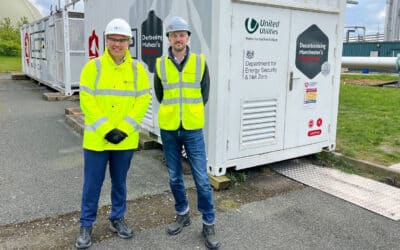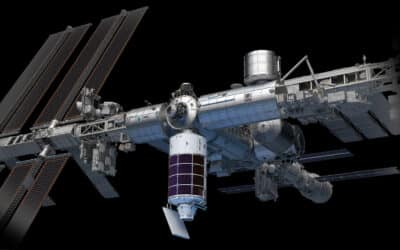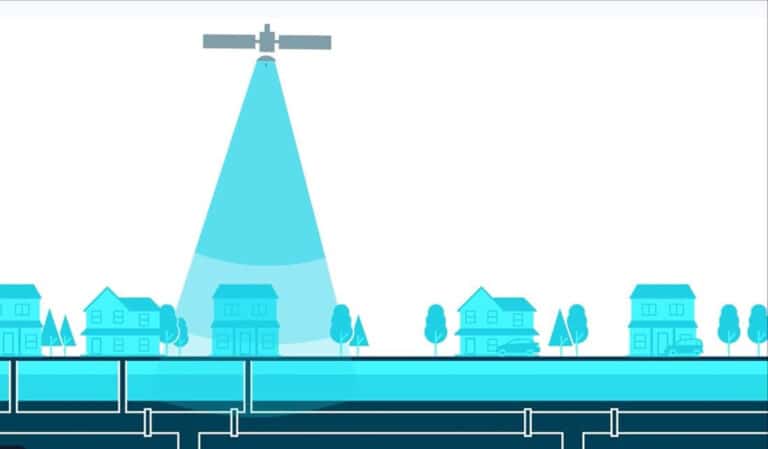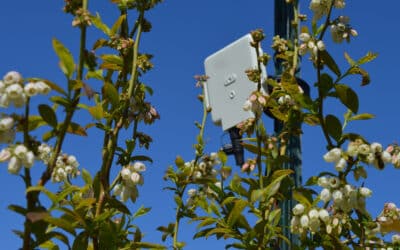As the dry weather continues, United Utilities is using satellite technology that has been used to detect water on Mars to help it track down difficult to detect water leaks across the region.
The water company for the North West has teamed up with leak detection specialist Suez to deliver the cutting-edge project which is using satellites to detect water leaks on its clean water network.
The company’s leakage teams already repair around 800 water leaks every week on its network and has recorded its lowest levels of leakage across the North West – but with many leaks remaining buried underground, tracking them down can be difficult.
Grant Batty, water services director at United Utilities explained: “Many leaks happen on pipes around properties and our customers are great at letting us know when they spot any signs of a problem. We definitely don’t want them to stop doing that.
“The real challenge is finding those leaks that never show any signs on the surface. They can be buried quite deep underground and be difficult to pinpoint. Using the satellite technology to scan the entire region is a game changer as it enables us to pinpoint their location and get them repaired as quickly as possible.
“Water is a precious resource, and we are seeing that more than ever with an ongoing lack of rainfall across the whole country. As well as a changing climate, we’ve also got a growing population so it is more important than ever that we do all we can to protect water resources.
“We’re investing £380m to upgrade more than 925km of water mains with new more durable, flexible pipes that are built to withstand high pressure and temperature variations to help protect against bursts and reduce leaks and now we’re ramping up our battle against leakage to ensure we are doing all we can to ensure a resilient water supply for homes and businesses across the North West.”
READ MORE: BBC is UK’s most recognised cultural export, new research finds
The satellites travel through the atmosphere 630km above earth fitted with scanning technology which can scan down to a depth of 2.5m through cloud, woodland and surfaced areas. It uses an algorithm to detect traces of clean drinking water.
Using satellites mean large areas can be covered in a single sweep. After the trialling the service in Tameside, have now expanded it to cover all five counties within its region enabling hundreds of additional leaks to be repaired.
Batty added: “Once we get the results back, our leakage specialists head out to confirm and pinpoint the leak ready for repair. Without the satellites, it can sometimes take our leakage specialists several days to pinpoint the precise location of a tricky leak because they might need to survey a large area. Now this homes in much more closely enabling them to pinpoint more leaks and get them repaired more quickly.
“As a result of this we are already saving at least six million litres of water every day. That’s more than two Olympic sized pools and the amount is only increasing.”
Arron Smith, leakage technician, added: “I have been a leakage technician for eight years. We often know that there is a leak in an area, but we can spend a long time pinpointing it. Now I can go to a specific street and quickly confirm if there is an active leak. From finding one or two leaks a day, I’m now able to confirm five or six a day – it is a great help.”
There are now 100 teams working around the clock fixing leaks, and United Utilities has released a short film giving more information about the new satellite tech.













